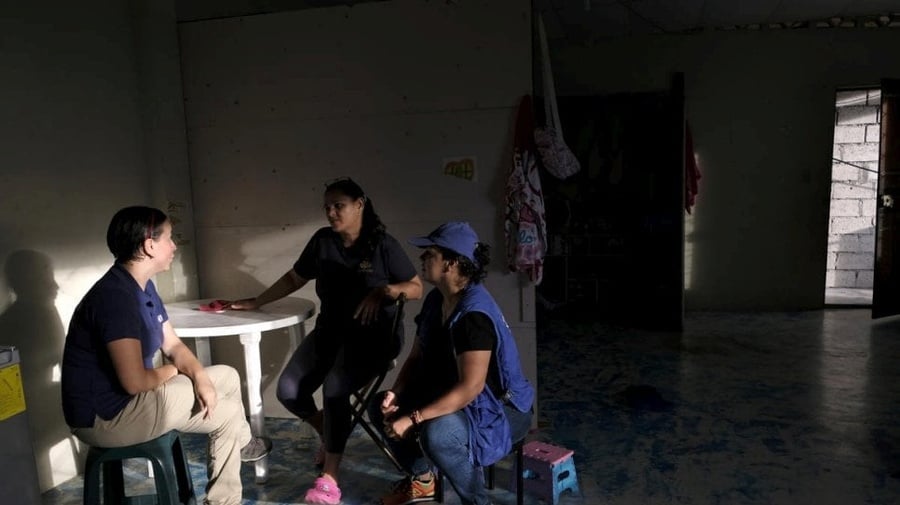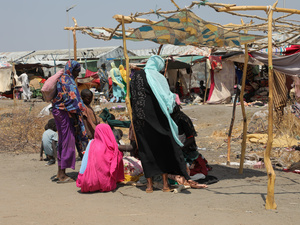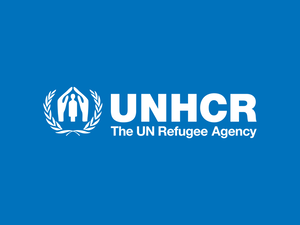UNHCR calls for equal access for refugees to quality mental healthcare
UNHCR calls for equal access for refugees to quality mental healthcare

Venezuelan mother Lysette, centre, at her new home in Lago Agrio, Ecuador, where she and her family are supported by UNHCR and partner HIAS on community-based mental health and psychosocial support. © UNHCR/Santiago Escobar-Jaramillo
Ahead of World Mental Health Day on 10 October, UNHCR, the UN Refugee Agency, is calling on the international community to boost quality mental health support for refugees, internally displaced and stateless people.
“COVID-19 has taken a devastating toll on people forced to flee,” said Sajjad Malik, Director of UNHCR’s Division of Resilience and Solutions. “The long, protracted nature of the pandemic and its deleterious health, economic and social impacts are exacerbating the stress and anxiety felt by many of those displaced. As livelihoods and fragile social support systems crumble, they need help more than ever to cope through the crisis and rebuild their lives.”
UNHCR teams are reporting increased numbers of people seeking help for anxiety and depression. In the Kurdistan Region of Iraq, psychologists at refugee camps reported a sharp rise in counseling sessions – both in-person and remotely. In Peru, in the first seven months of this year, there was a 100 per cent increase in calls and referrals to mental health and psychosocial support services, when compared to the same period last year.
Before the pandemic, access to mental health care was already limited. The COVID-19 lockdowns put services under greater strain. UNHCR and partners maintained services for those who were most in need through adapted community outreach and provision of essential medication. In 2021, normal service provision is progressively being restored. With increasing needs, however, access to quality mental health care remains a challenge.
“Bouncing back to the pre-pandemic situation is not enough. Stronger efforts are needed to ensure that refugees, internally displaced and stateless people can access mental health and psychosocial support services on an equal footing as nationals,” added Malik. “Given the increased needs, we reiterate our call to the international community for more support to sustain and strengthen these life-saving activities.”
UNHCR has continuously been advocating for states to integrate mental health services into primary healthcare, which should be made universally accessible.
Since the start of the pandemic, UNHCR has provided mental health and psychosocial support services to more than 850,000 people forced to flee. It has also been working to train first line responders, integrate mental health and psychosocial wellbeing into refugee education programs, and assist people with severe or complex mental health conditions.









